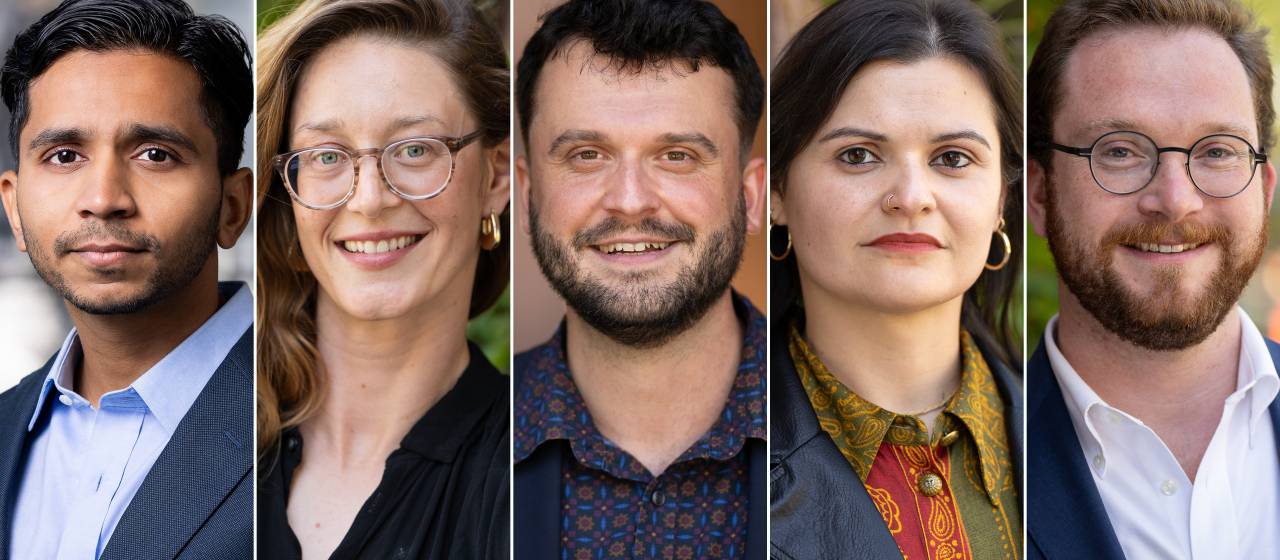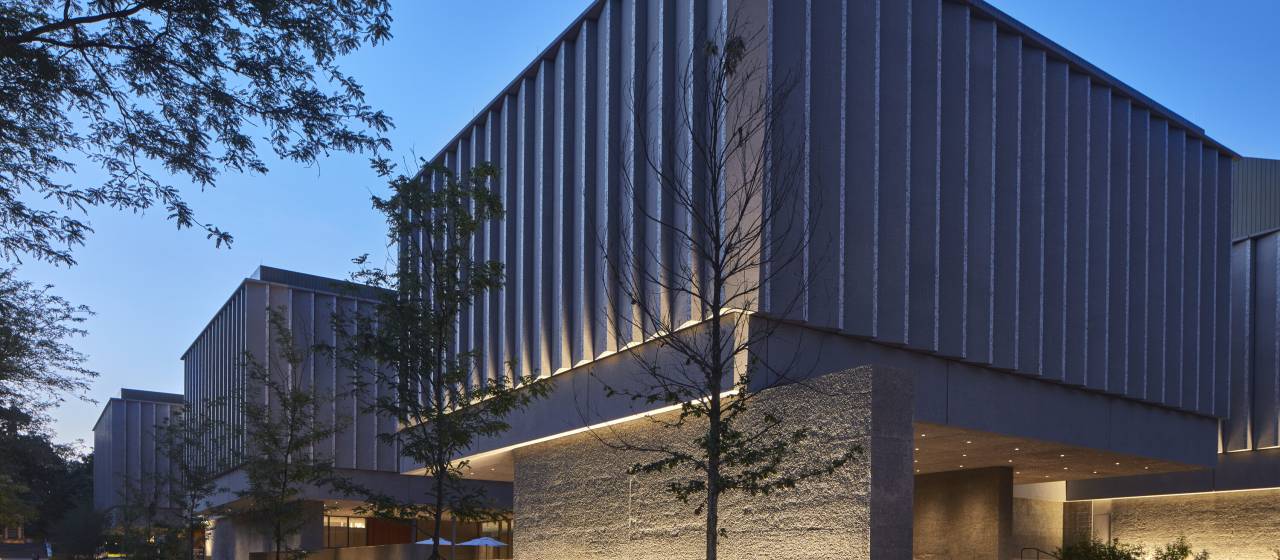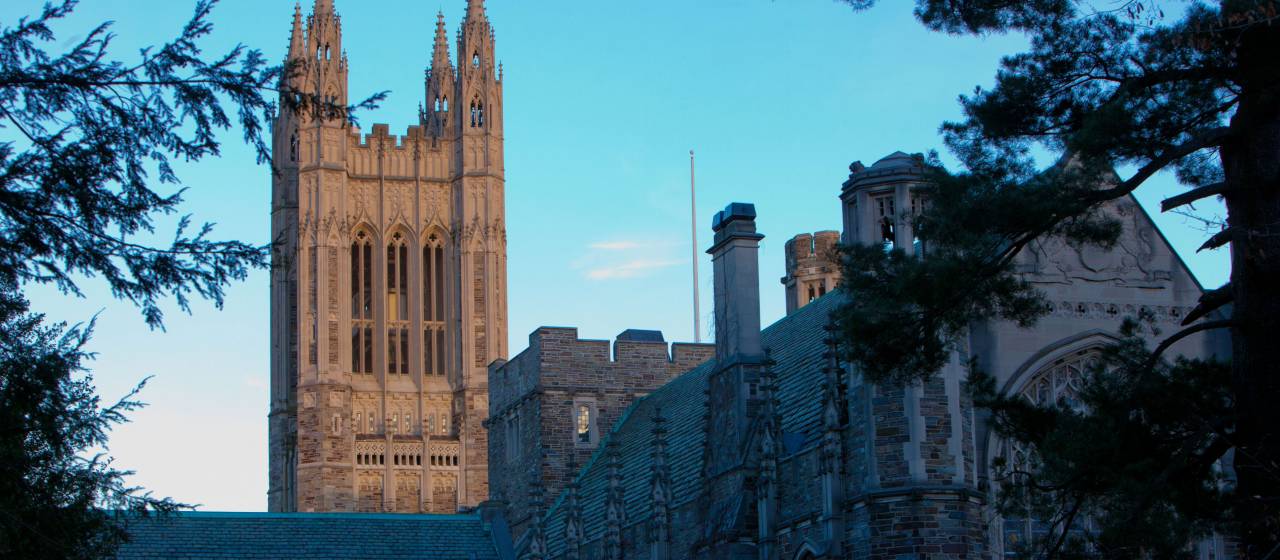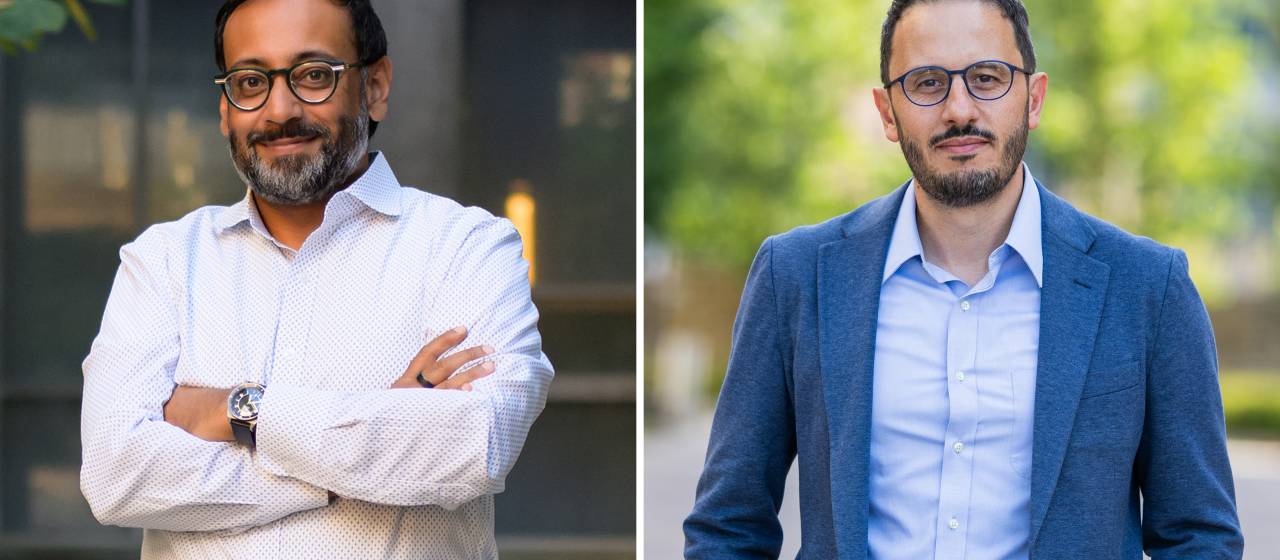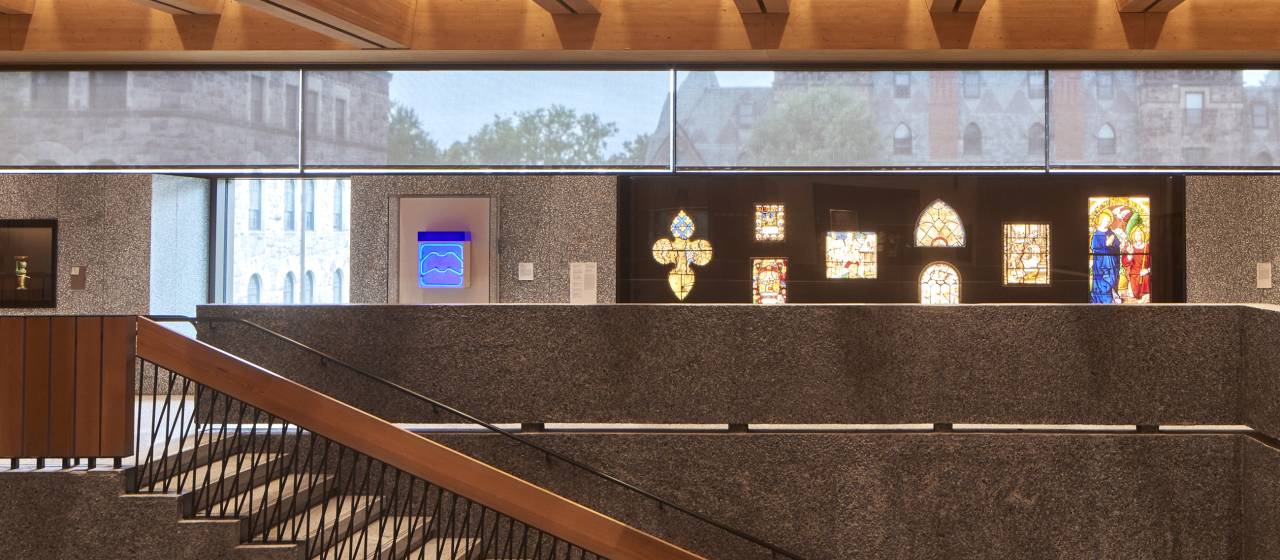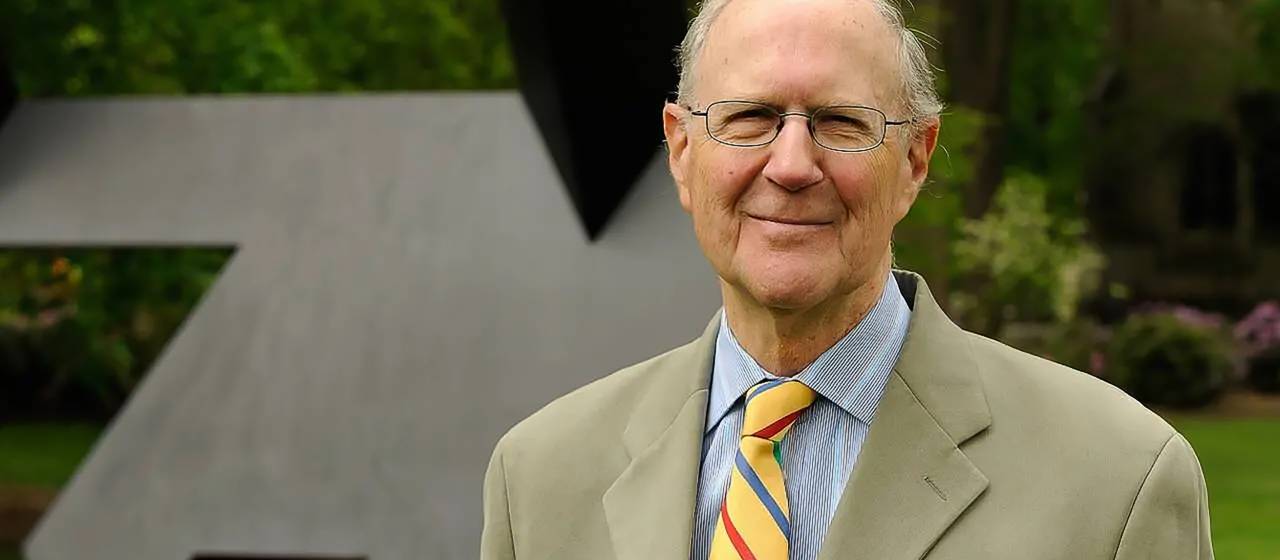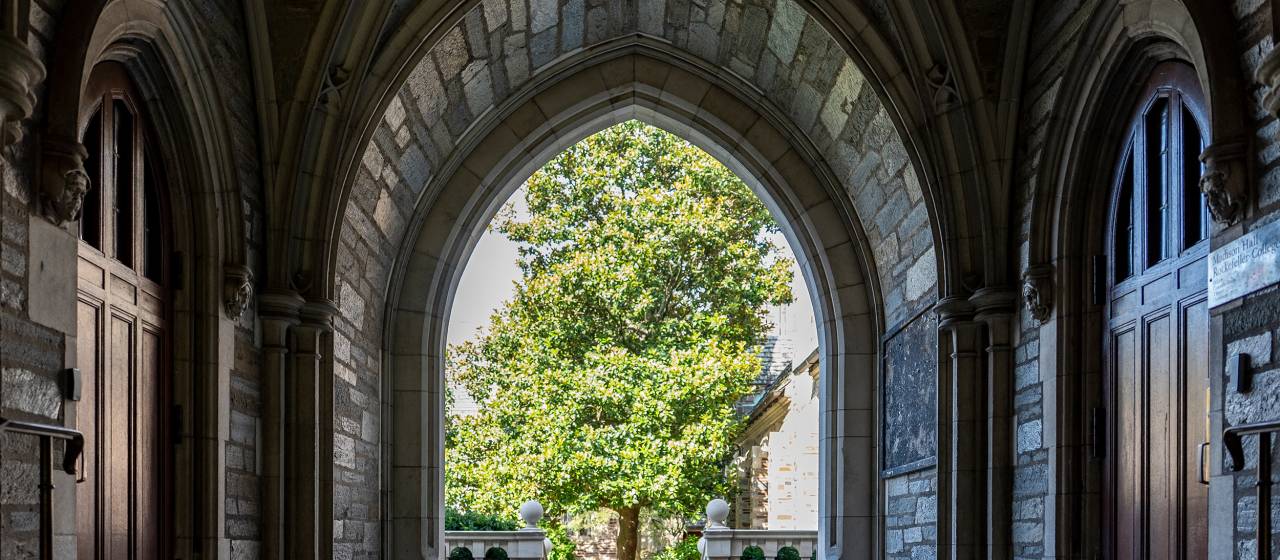Society of Fellows in the Liberal Arts welcomes new scholars
Five new scholars joined the Society of Fellows in the Liberal Arts this fall. The society is an interdisciplinary community of postdoctoral fellows and Princeton faculty members that fosters vibrant and innovative interdisciplinary research, teaching and collaboration in the humanities and humanities-related social sciences.
Established in 1999 by a gift from the late charter trustee Lloyd Cotsen and the Humanities Council’s leadership, the society offers outstanding scholars with a recent Ph.D. the opportunity to enhance their teaching and research over a three-year term. Fellows meet regularly for formal and informal discussions, seminars, workshops and reading groups to pursue new knowledge and understanding within and across disciplines.
The society is committed to building a scholarly community with a breadth of experiences and perspectives, and to creating a collaborative environment for inquiry, debate, and groundbreaking scholarship and teaching. Including the incoming cohort, the society has welcomed 128 fellows to Princeton and an even larger number of Princeton faculty members.
“We have a wonderful new group of fellows joining us this year,” said Yelena Baraz, director of the society. “Their research profiles highlight the chronological, geographical and methodological breadth of the society. They are already actively engaging with the community here at Princeton, and I am looking forward to hearing them present their work in our weekly seminars.” Baraz is the Kennedy Foundation Professor of Latin Language and Literature at Princeton and professor of classics.
The full cohort of 13 Cotsen fellows is drawn from a wide range of disciplines in the humanities and humanities-related social sciences — and includes one astrophysicist. Fellows hold appointments as associate research scholars in the Humanities Council, and as lecturers in their academic host departments, teaching one course per term while conducting their own research.
During their time at Princeton, they engage with the campus community in many ways: advising and mentoring undergraduate students, participating in academic programs and panels, presenting their research, developing new courses and co-teaching with faculty members. The new Cotsen fellows of the 2025-28 cohort are:
Akash Gupta

Akash Gupta
Appointed in the Departments of Astrophysics and Geosciences, Gupta is a theoretical and computational physicist who investigates the origin and evolution of Earth- and Neptune-like planets. He combines mathematical modeling of planetary-scale processes with quantum-mechanical simulations and machine-learning algorithms to uncover the physical and chemical mechanisms that shape planet atmospheres and interiors — ultimately, to understand how such processes could lead to conditions conducive to life. He earned his Ph.D. in planetary science from the University of California-Los Angeles.
Lauren Horst

Lauren Horst
Appointed in the Department of English, Horst is a literary scholar interested in the ways that stories and storytelling shape economic, cultural and environmental policy across the Global South. Her current research combines African literary history with critical development studies to show how narrative informs the theory and practice of economic development. At Princeton, she is working on her first book-length project, which maps the complex web of entanglements between development institutions and anglophone African literary production during the post-independence period. Horst earned her Ph.D. in English and comparative literature at Columbia University. This fall, she is teaching the course “Reading the World Bank.”
Tobias Scheunchen

Tobias Scheunchen
Appointed in the Department of Near Eastern Studies, Scheunchen is a historian of the Middle East interested in the formation of the Islamic state, documentary culture, and justice. At Princeton, he will develop his monograph on how peasants, illiterate people and women navigated the law in Egypt after the Islamic conquests in the seventh century. Scheunchen earned his Ph.D. in Middle Eastern studies at the University of Chicago. This fall, he is teaching the course “Digital Humanities for Historians and Other Scholars.”
Daniela Valdés

Daniela Valdés
Appointed in the Department of History, Valdés is a historian of 20th-century U.S. history whose work bridges carceral, labor, migration, and gender and sexuality studies. Her current book project, “Clocked and Locked: Race, Gender Nonconformity and Mass Criminalization in Twentieth-Century New York,” offers a grassroots social history of cash-poor Black and Latino/e gender nonconforming and trans New Yorkers. Valdés received her Ph.D. in history from Rutgers University. This fall, she is teaching the course “‘Spare Change for a Starving Queen?’ Race and Gender Nonconformity in U.S. History.”
Louis Zweig

Louis Zweig
Appointed in the Department of Classics, Zweig studies Latin literature, in particular the poetry of Late Antiquity and the Early Middle Ages. He is currently writing a monograph about the reception of the Biblical Exodus in Latin verse. This project highlights innovations by late Romans and their successors, focusing on the Latin poetic treatment of a subject that was adapted from ancient Near Eastern literary networks and reinterpreted as a memory central to Christian identity formation. Zweig earned a Ph.D. in classics, with a focus in medieval Latin, from Harvard University. This fall, he is teaching the team-taught course “Interdisciplinary Approaches to Western Culture.”






